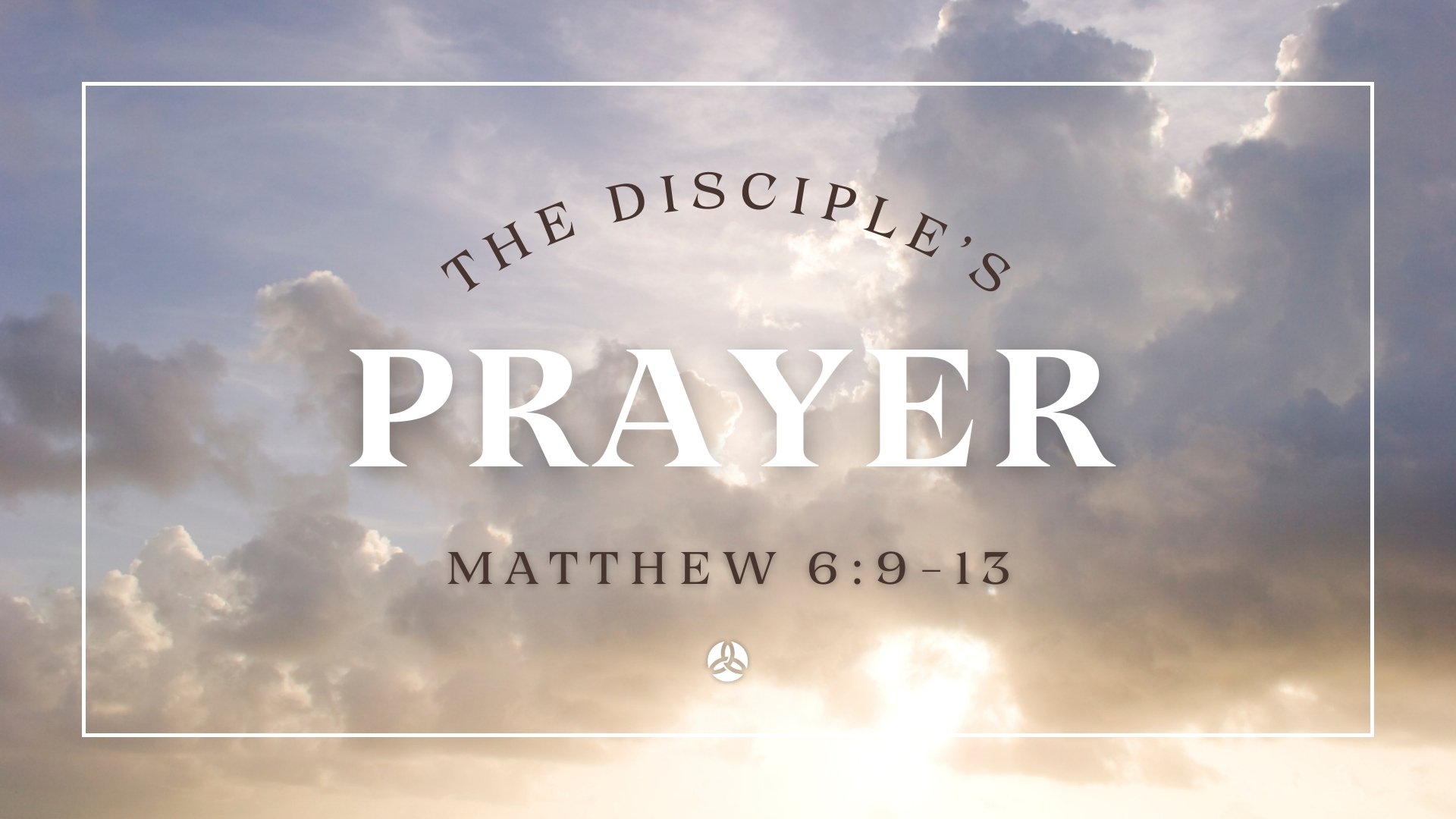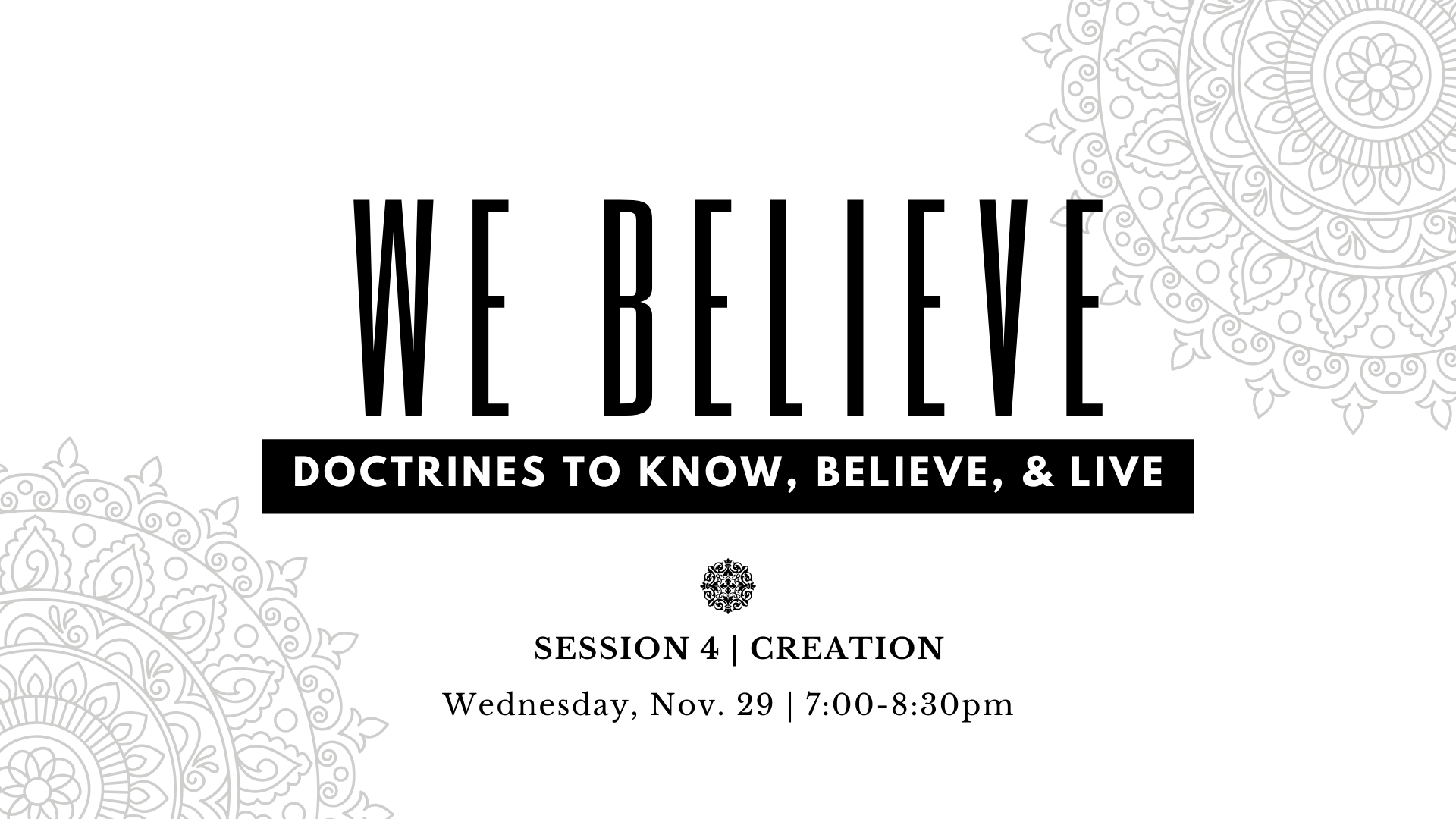There is perhaps no better indicator for how God is transforming us than how we deal with money.
Jesus taught on money more than any other subject, because money tends to become more than just a medium of exchange for us. More than a way to pay the rent or purchase groceries or prepare for an unknown future, money tends to become our treasure, our security, our comfort—all of which God is meant to be for us.
Jesus commands us,
“No one can serve two masters, for either he will hate the one and love the other, or he will be devoted to the one and despise the other. You cannot serve God and money.” —Matthew 6:24
Several weeks ago, we concluded a string of five sermons on the life of Jacob. Of the many themes from the life of Jacob, none is more prominent than his transformation from a man who grasps to a man who gives. It is worth pausing to consider this theme a bit more.
A Man Who Grasps
Jacob begins grasping for what is not his before he is born. He wrestles with his twin brother Esau in the womb, so much so that his mother Rebekah fears something terrible is going to happen. On the happy day of their birth, Esau comes first, but Jacob comes immediately after, holding on to his heel. He is still holding on to Esau as if to say, You’re not supposed to be first, it’s supposed to be me!
Throughout his childhood, it is clear that Jacob is a man who knows what he wants. He is decisive and determined. He is resolute. He possesses immense strength and persistence. Like a good bird dog, he is not easily thrown off a scent. All of these qualities can be quite commendable.
But, as is sadly too often the case, Jacob’s greatest strength becomes his greatest weakness.
He is decisive—but also unyielding. He is determined—but also unrelenting. He possesses immense strength—but uses it to only serve himself. He is a man out for himself. And he is a man willing to do whatever it takes to get what he wants.
Rather than trusting God to do what he promised, Jacob continually takes matters into his own hands. He cheats Esau out of his birthright. He deceives his father Isaac to attain Esau’s blessing. He tricks his uncle Laban to return home with the best of the animals.
But, on his way back home, on the night before he is to face his brother Esau for the first time, Jacob faces the fight of his life.
The angel of the Lord comes to him in the dark and wrestles him. All night long, they toss and turn, thrashing about in hand-to-hand combat. Jacob will not quit. Jesus will not give in. Jacob will not say mercy, he will not let himself be pinned.
Finally, the angel of the Lord says, Let me go, for the day has broken.
Did Jacob win? Did Jacob pin the Lord? Was Jacob too much for the Lord?
It seems to me that this moment was the heart of the test. Will Jacob let the Lord walk away? Will Jacob assume that he has won, only to be lost forever? Will Jacob rest in his strength or turn from his strength to God?
Jacob says, I will not let you go, unless you bless me.
With those simple words, it is clear: Jacob is a changed man! He does not win because of his strength, he wins because of his trust in God.
A Man Who Gives
The Lord doesn’t want Jacob to forget how he came to be blessed, so he touches his hip and leaves him permanently impaired. From now on, he limps. And, as he limps, he knows that the power of God is not displayed through his strength but through his weakness and dependence.
The morning dawns with Jacob limping on his way home. The first face he sees is that of his brother Esau.
What happens next is simply stunning.
Jacob gives Esau a gift.
Before he wrestled with the Lord, he prepared a lavish gift for Esau to pay him off and get him off his back. But after wrestling with the Lord, he gives a gift to Esau to make things right. Like Zacchaeus paying back those he defrauded, Jacob wants to give Esau back the blessing he stole.
Earlier, Esau said, Is he not rightly named Jacob? He took away my birthright, and behold, now he has taken away my blessing. Now, Jacob says, Please accept my blessing that is brought to you, because God has dealt graciously with me.
It is clear. Jacob is a new man.
Is Your Christianity Real?
The same is often true of us. There is perhaps no better indicator for how God is transforming us than how we deal with money.
One sure-fire indicator of how legit your Christianity is: Do you give?
All throughout the Old Testament, we are commanded to give a tithe. We are commanded to give the firstfruits—the first ten percent—as a way of saying all that we have is given to us by God and we belong completely to him. Malachi says, giving less than a tithe is robbing God (Mal. 3:8). In the New Testament, a tithe is a lesser matter of the law, which all of us should keep (Mat. 23:23).
Interestingly, the apostles never motivate people to give on the basis of the tithe. Again & again, they motivate people to give in a manner worthy of the gospel—in a manner worthy of the God who has given his beloved Son for you.
So why do many folks still talk about the tithe?
One author argues,
“All too often, Christians tithe in order not to give too much and pastors teach tithing to assure that people give enough.” —Bruce Waltke
That seems to be true. We tithe in order to not give too much. In a previous church, the counting team said many folks gave the 10% exactly, done to the cent, as if to make sure they don’t give anything more!
Trinity Grace is a generous church. It is a privilege to serve a church that loves to proclaim God is their treasure in how they deal with money.
However, the question remains for each of us: Do you grasp or do you give? Is it obvious in the way you give that you are no longer the same? Is your Christianity real?
How To Begin Giving
Over the years, after coming to Christ, folks have asked me: How should I start to give?
I, along with the other pastors, would encourage you to begin with the following steps:
Begin with the tithe. The tithe is not a good place to stop giving, but it is the place to start. If you are not there, I would encourage you to make steps to begin giving a tithe soon.
Give to your local church first. While there are so many opportunties to give, the NT encourages us to give first to the household of faith that we call our church. To bear one another’s burden, to provide for ministry, to help the needy, to advance the mission.
Commit to increasing your giving each year or as income increases.
Invite real help into your finances. Don’t make your financial decisions alone! If there is no better indicator for how God is transforming us than how we deal with money, then it would be wise to make sure our dealings with money are saying what we want them to say.

































































